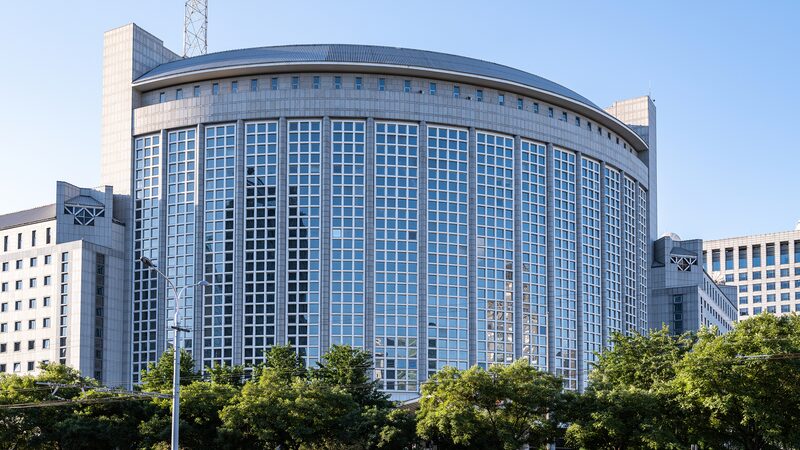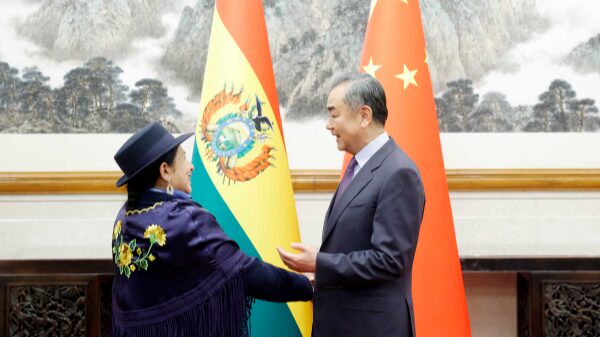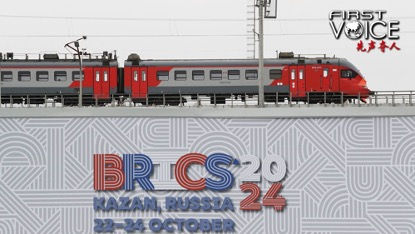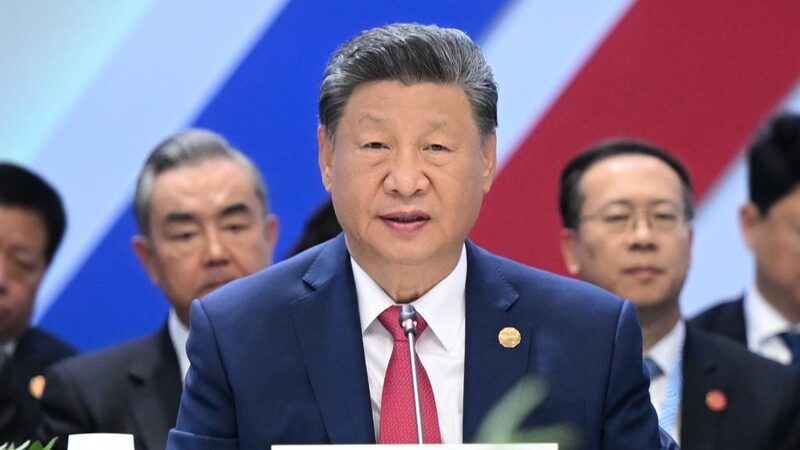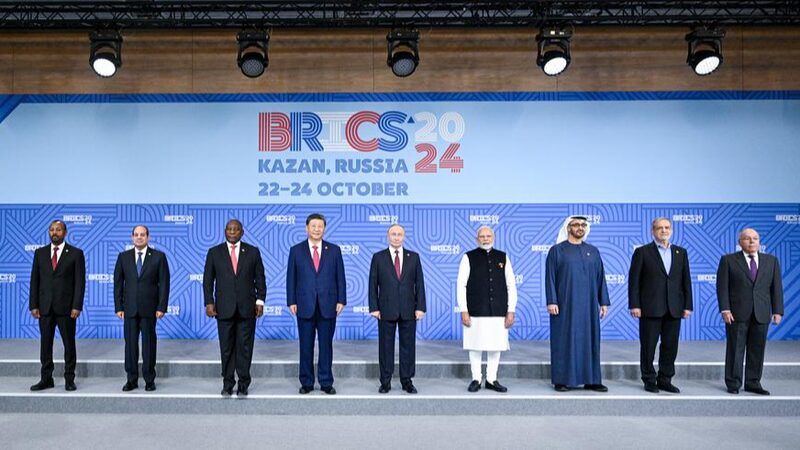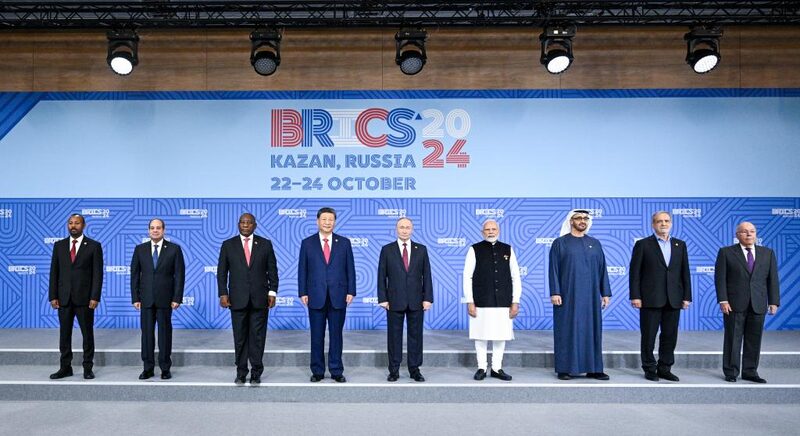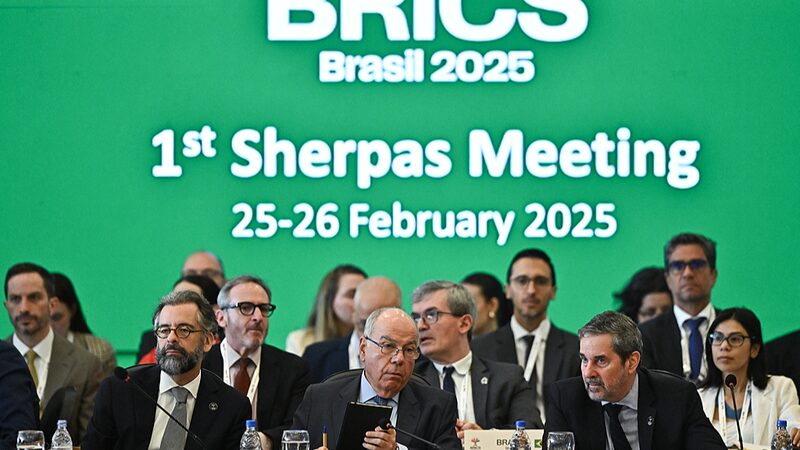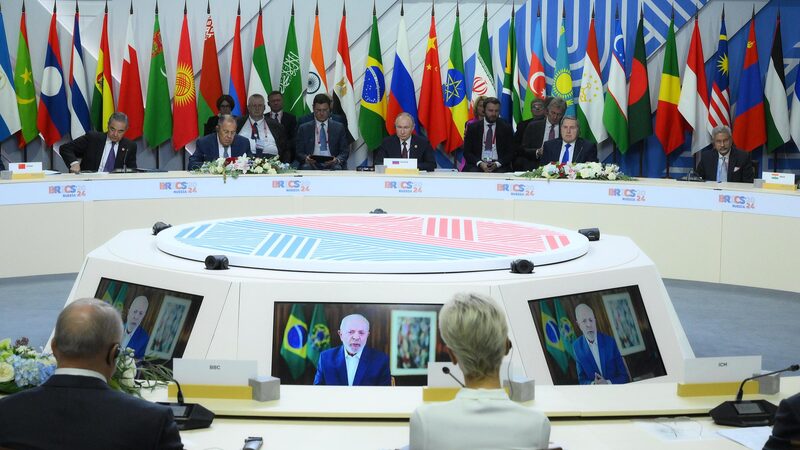China has expressed its readiness to collaborate with BRICS members and newly designated partners to enhance practical cooperation across various sectors, according to Chinese Foreign Ministry spokesperson Mao Ning. Speaking at a daily press briefing on Tuesday, Mao highlighted the significance of this development following Russia’s announcement of the list of BRICS partners on Monday.
The establishment of the BRICS partners category emerges from the recent BRICS summit held in October in Kazan, Russia. The nations of Indonesia, Malaysia, Thailand, Belarus, Bolivia, Cuba, Kazakhstan, Uzbekistan, and Uganda have been officially designated as BRICS partners, marking a pivotal expansion of the bloc’s international engagement.
“This represents an important advancement in the growth of the BRICS mechanism, building upon the historic expansion we witnessed last year,” Mao stated. “The representativeness of the BRICS mechanism has been further enhanced, and its appeal and influence are increasingly prominent. BRICS is becoming a vital platform for promoting unity and cooperation among the Global South.”
BRICS, an acronym for Brazil, Russia, India, China, and South Africa, comprises five major emerging markets with significant economic potential. The inclusion of new partners signifies a strategic move to broaden the bloc’s reach and foster collaborative opportunities in political, economic, and social spheres.
Mao emphasized China’s commitment to working closely with both existing BRICS members and the newly inducted partners. “We are eager to explore practical avenues of cooperation that will benefit all parties involved,” she said. “Together, we can address global challenges and contribute to sustainable development.”
The expansion of BRICS partnerships is poised to have substantial implications for global trade, investment, and geopolitical dynamics. By incorporating a diverse range of countries from different continents, BRICS aims to strengthen its role as a facilitator of dialogue and collaboration among developing nations.
This development is particularly significant for businesses, investors, and policymakers seeking to engage with emerging markets. Enhanced cooperation within the BRICS framework opens up new avenues for economic growth, technological exchange, and cultural understanding.
As the global landscape continues to evolve, the collaborative efforts of BRICS and its partners underscore the importance of multilateral cooperation in addressing shared challenges and fostering inclusive prosperity.
Reference(s):
China ready to expand cooperation with BRICS members, partners: MOFA
cgtn.com
